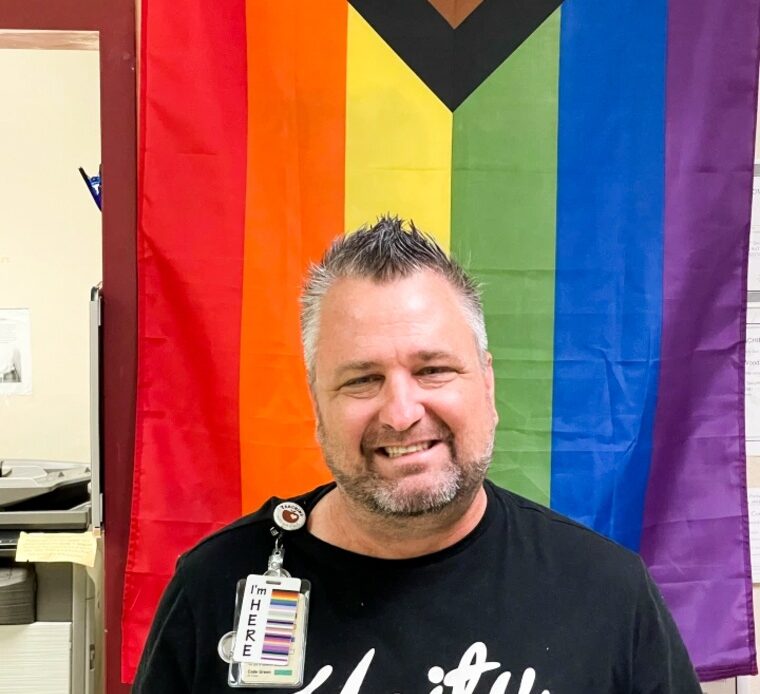Michael Woods, a special education teacher at a high school in Palm Beach County, Florida, said he used to have a classroom library with shelves of dozens of books that students could take home and read for fun.
The library included the “Twilight” and “Harry Potter” series and a book called “Meg,” which is a thriller about a shark.
But when school started this week, the classroom library was empty. The books now sit in a school closet, in part because of new laws that restrict classroom instruction.
One of the measures, the Parental Rights in Education law — or what critics have called the “Don’t Say Gay” law — bans instruction about sexual orientation and gender identity “in kindergarten through grade 3 or in a manner that is not age appropriate or developmentally appropriate for students in accordance with state standards.” Another new law restricts instruction about African American history.
As a result, Woods said, the School District of Palm Beach County sent out a checklist in May that teachers have to use to review all of the books in their classroom libraries.
Woods said he doesn’t have time to go through every book with a checklist, so he decided to take them all down.
“I didn’t have any controversial books, but what we keep hearing repeatedly is: ‘Well, if something happens, you could lose your license,’” he said, referring to a state educator’s license. “So they will remain in a closet, not helping anyone.”
Proponents of the Parental Rights in Education law say it’s limited to classroom instruction in kindergarten through third grade, but critics say the part of the law that prohibits instruction that is “not age appropriate or developmentally appropriate” opens up teachers in any grade to lawsuits from parents.
The law doesn’t give examples of what is age or developmentally appropriate, and it doesn’t outline what breaking the law would look like. As a result, school districts’ interpretations of how to best implement the law vary widely.
In Palm Beach County, Woods said, teachers have received little guidance about how to abide by the law, and the guidance they have gotten has been unclear. For example, Woods said, teachers were told on the second day of school that they will have to fill out and send a form home to students’ parents if the students ask to use names that are different from…
Click Here to Read the Full Original Article at NBC News Top Stories…

